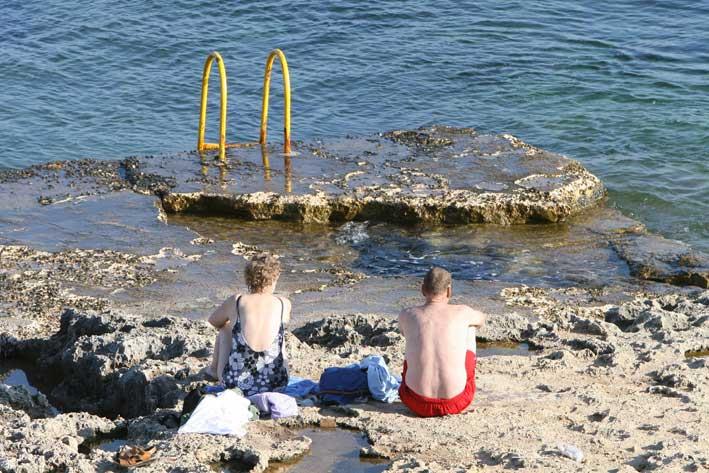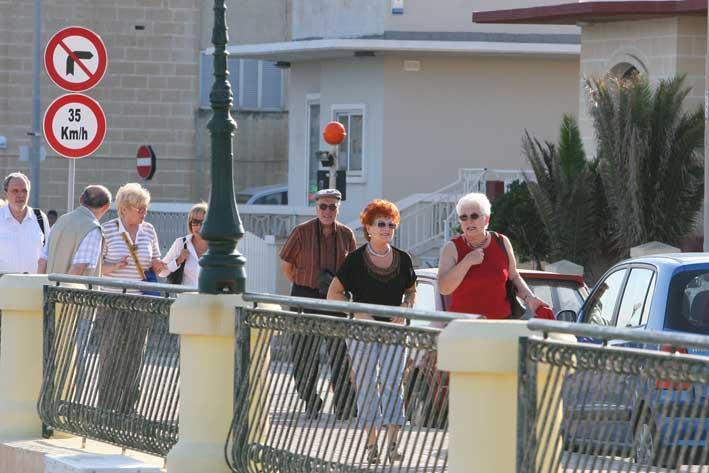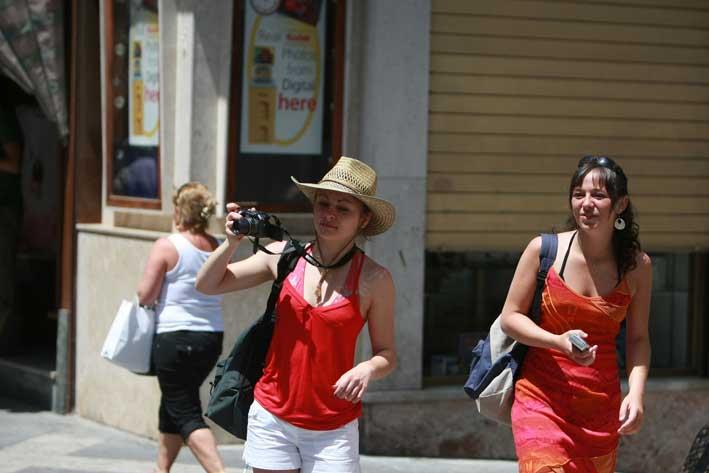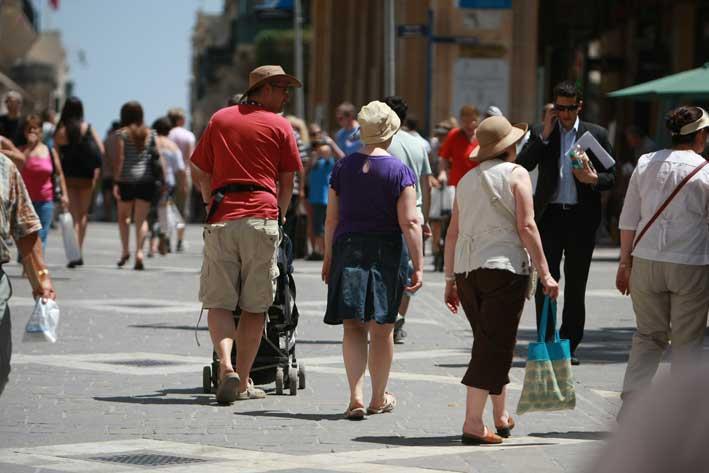The Institute for Tourism, Travel and Culture at the University of Malta will be concluding its three-year Heland Project with a one-day conference this Friday at Bacchus Restaurant in Mdina.
Besides addressing important tourism-related subjects such as “Sustainable Tourism in Heritage and Landscape Sites, Gender Equality in Heritage Sites” and “Guided Tourism in Mdina”, the conference will also announce a new set of core sustainable tourism indicators, a first for Malta.
The scope of these tourism indicators will be to assess the destination performance, identify areas that need improvement, and establish a holistic approach to tourism planning and the development of tourism related policies that would act as a tool for sustainable destination management in Mdina and beyond.

“This conference is the culmination of our Heland Project, a research project that has been coordinated over the past three years during which we have managed to gather very crucial data on how we can develop our country’s tourism product in a more sustainable manner,” explains Dr Nadia Theuma, Project Manager from the University’s Institute for Tourism, Travel and Culture, the lead partner of this project.
The Heland Project was implemented in collaboration with other Mediterranean partners from Malta, Lebanon, Jordan, the State of Palestine, Spain and Cyprus, coming from educational organisations, such as universities, and research centres.
“This conference, which will be addressed by a number of local and international academics involved in the Sustainable Tourism field of research, should be an excellent opportunity for all those who work in tourism or who are interested in how this important economic pillar can be strengthened further. In fact we are expecting all relevant stakeholders to participate including touristic, academic, ICT, SME, NGOs, institutions, tourist guides and the general public interested in Mdina and its history,” Dr Theuma added.

The Heland Project is being coordinated with nine different partners from six Mediterranean countries. It is a project under the 2007-2013 ENPI CBC Mediterranean Sea Basin Programme, a multilateral Cross-Border Cooperation initiative funded by the European Neighbourhood and Partnership Instrument.
The Heland Project has implemented a comprehensive indicator system, that is, the European Tourism Indicator System (ETIS). The ETIS tool has been commissioned by the European Commission, through the DG Growth, with the purpose of providing a toolkit to tourism stakeholders to help them measure sustainability impacts and benchmark their progress, therefore having a direction to increase performance in the future. It is based on sustainability principles in that sustainable development needs to be developed in order to provide a sound foundation for tourism decision-making through a bottom-up approach and integrated within the environment and development systems. The collection of the data for the various research products was done with the help of the Heland Research Officers, Giuseppina Cardia and Sarah Azzopardi.
Another important highlight of this conference will be the launch of a technology app – “Mdina Through Time”. Developed by ICON, this mobile application will provide users with a Virtual/Augmented Reality Experience (VR / AR ) of the different eras of Mdina enriching visitors’ experience in a more engaging and interactive manner. The research for the historical content in this app and for the VR / AR was carried out by Dr George Cassar, Deputy Project Manager.

“The app features an entire location-aware, 3D reconstruction of Mdina’s iconic square. This allows users to re-live history through their smartphones or tablets. We believe that this is a great case study for a cleaner, more sustainable tourism model,” Dr Gege Gatt, Director of ICON, stated.
“Mdina is a highly sensitive destination and over the past 20 years tourism has impacted Mdina in a very strong way. At the same time, Mdina’s residents have had to adapt to an increasingly dense tourism activity which although reaps positive economic benefits, can also jeopardise the unique qualities of this city. At the same time, Mdina’s tourist offer needs to be updated to be able to deliver a reinvented product which respects the fragile and unique character of this city by minimising unavoidable adverse impacts.”
“As Mdina seeks to become more accessible to visitors, technology can be put to our advantage thus making the local tourism industry more sustainable. This is what we are going to try and do with the launch of this new ‘Mdina Through Time’ application. This falls in line with Heland Project’s aim to establish more balanced and sustainable ways of developing our unique tourism product using innovative initiatives,” Dr Theuma said.

The ‘Mdina Through Time’ application is a 3D reconstruction of the city of Mdina. This reconstruction has been developed in a modular nature in order to allow the inclusion of detailed 3D scanned models of the actual buildings at a later stage. The app enables the user to explore Mdina through various media.
Dr Nadia Theuma added, “This will support tourism to sustainably grow further local economies while creating the right balance between environment, economic and socio-cultural aspects of destination for peace and stability in the Heland Partner Mediterranean region.”
Entrance is free of charge. However, those interested to attend will need to register their participation by email to [email protected] (2340 3738).